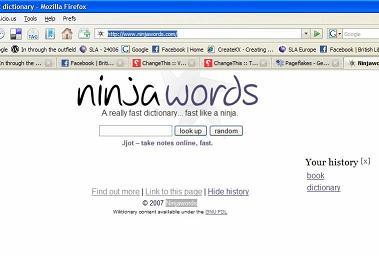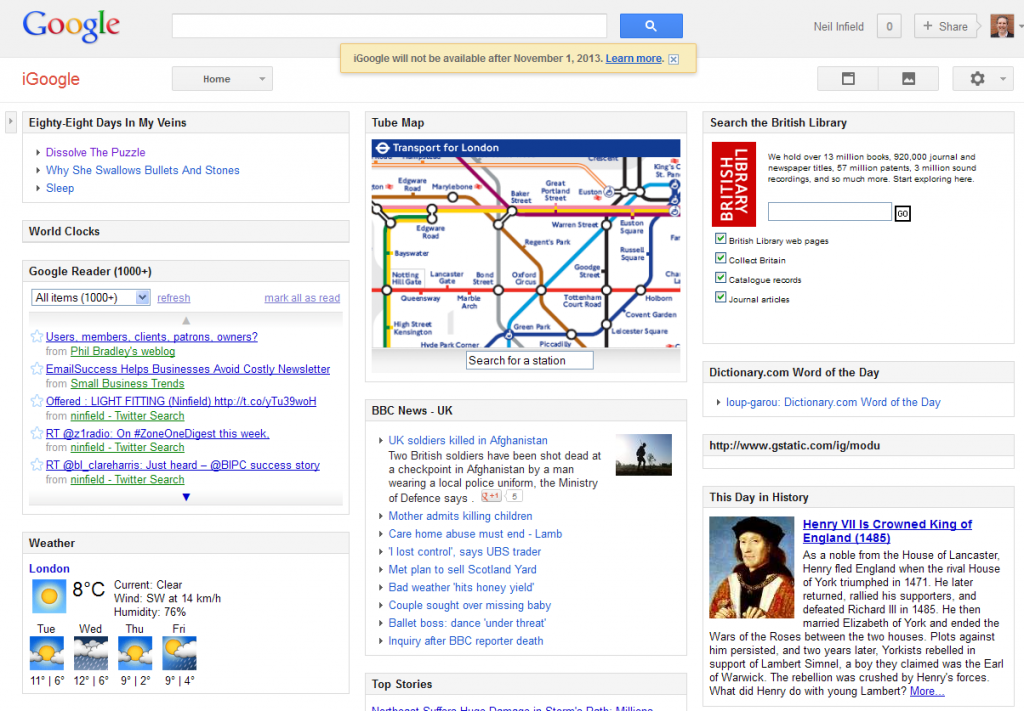Hey! Nielsen is a new free service from the well known market and audience measurement provider Neilson Company.
They are asking registered users to give their opinions on TV, movies, music, personalities and the Internet.
Assuming the site is successful and once it has been running for a while it could be a good source of what’s hot and what’s not in terms of entertainment. It is a classic case of a win win, with Neilsen acquiring useful market research for free, but also making the results available for free.
For instance you can already chart the rapid demise of Britney Spears standing amongst her fanbase by looking at chart of her rating over time.
Britney – who’s popularity is now in free-fall.
It is interesting they haven’t included blogs which are already well covered by Technorati.





